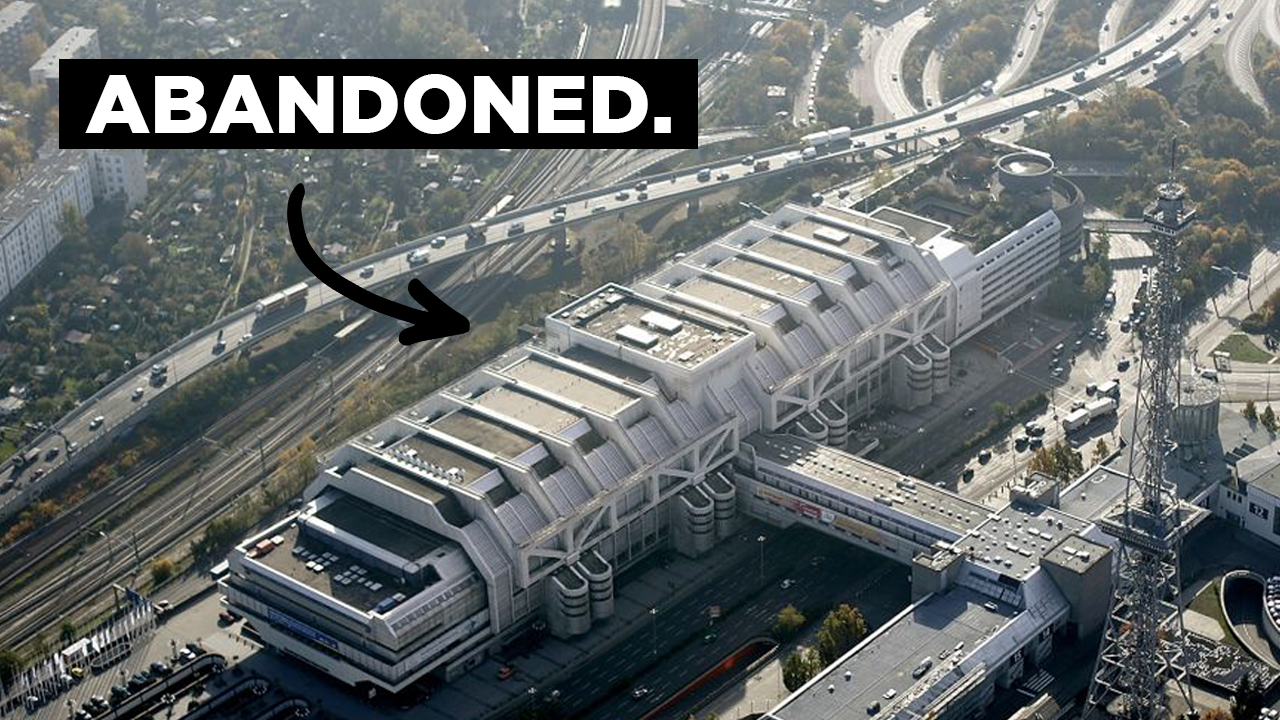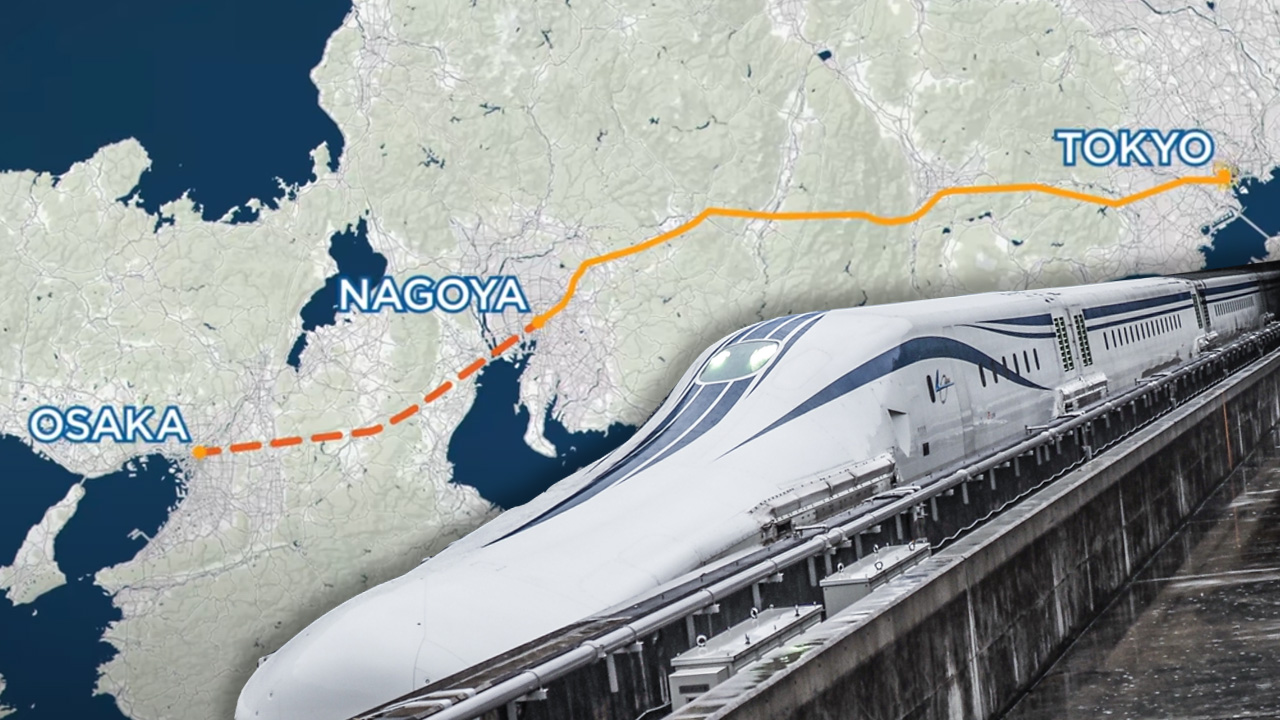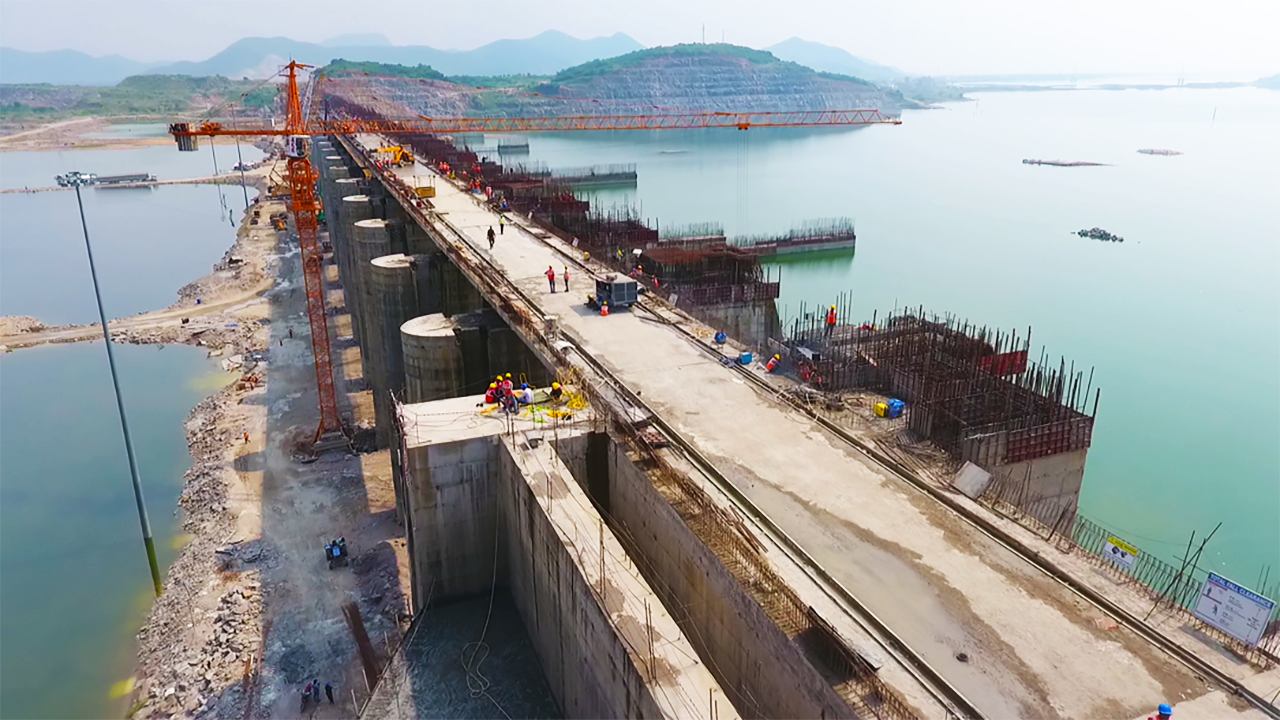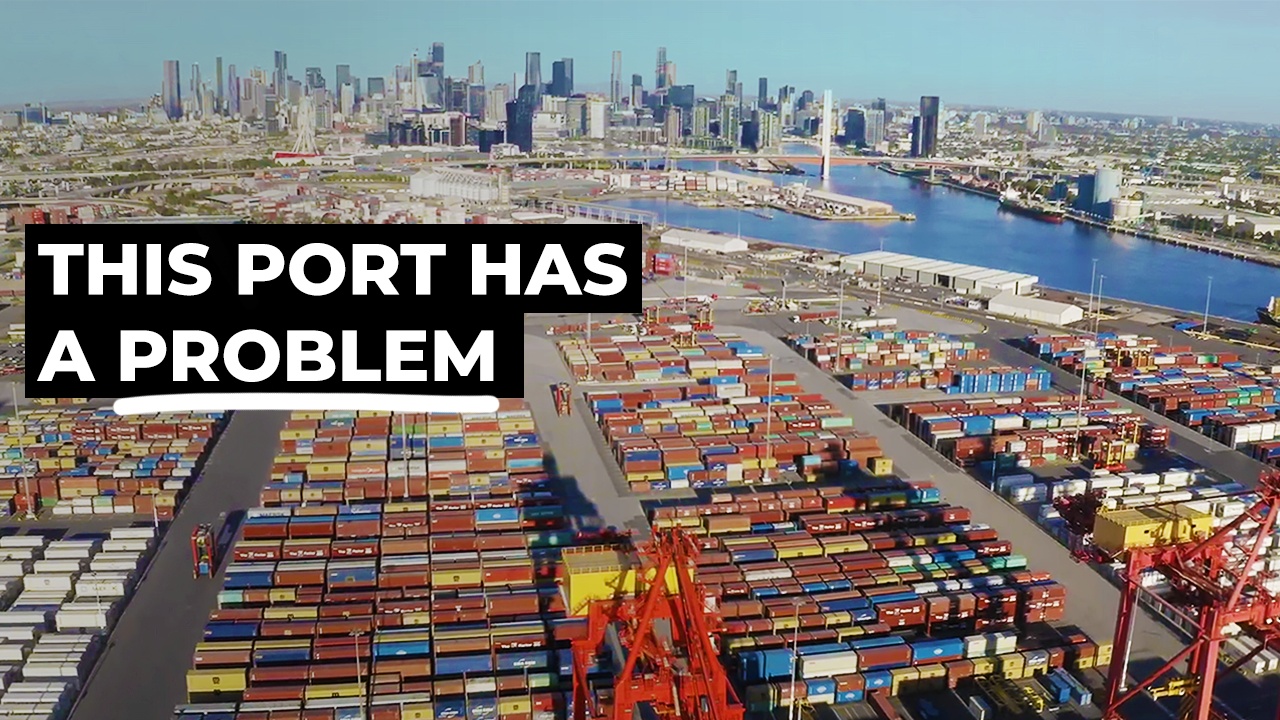BIG Designs Eco-Friendly Factory in a Norwegian Forest
- Youtube Views 3,616 VIDEO VIEWS
BJARKE Ingels Group (BIG) has revealed its design for the world’s most sustainable furniture factory, to be built in the middle of a Norwegian forest.
Dubbed “The Plus” the factory will be completely carbon neutral and generate 50 percent less greenhouse gas emissions than a conventional factory of the same size.

Above: Vestre's furniture factory will become an exemplar of sustainable architecture (image courtesy of Bjarke Ingels Group).
Designed for Norwegian manufacturer Vestre, the building takes its name from its four-winged cross shape.
The 6,501-square-metre factory will contain a furniture warehouse, colour and wood factory, and assembly area all extending outwards from a central atrium.

Above: The factory takes its name form the unique cross shape of the building (image courtesy of Bjarke Ingels Group).
More than just a factory, BIG has envisioned the site as a community village which will also include a visitor centre and a 300-acre park.
Two of the factory’s wings will be publicly accessible, with walking tracks running alongside allowing visitors access to the roof and central atrium from above.

Above: Publicly accessible walkways will allow visitors to view the assembly process from above (image courtesy of Bjarke Ingels Group).
BIG has designed The Plus to be an exemplar of sustainable architecture and expect it to be the first Norwegian industrial project to earn a BREEAM outstanding environmental rating.

Above: The factory will be nestled within a forest in Magnor, Norway (image courtesy of Bjarke Ingels Group).
The building will be made from locally sourced timber and low-carbon concrete. It will also be powered by 1,200 solar panels and geothermal walls - measures that are expected to lower the building’s energy requirements by more than 90 percent.
The Plus is due to commence construction in August.
The design is unveiled as many clients, designers and contractors consider how to "build back better" in the wake of COVID-19 pandemic, addressing in part the environmental impact of projects on the climate.
Several governments around the world - including Australia and the UK - have highlighted the acceleration of major construction and infrastructure projects as a way to help kick-start their economies.
Comments
Next up








